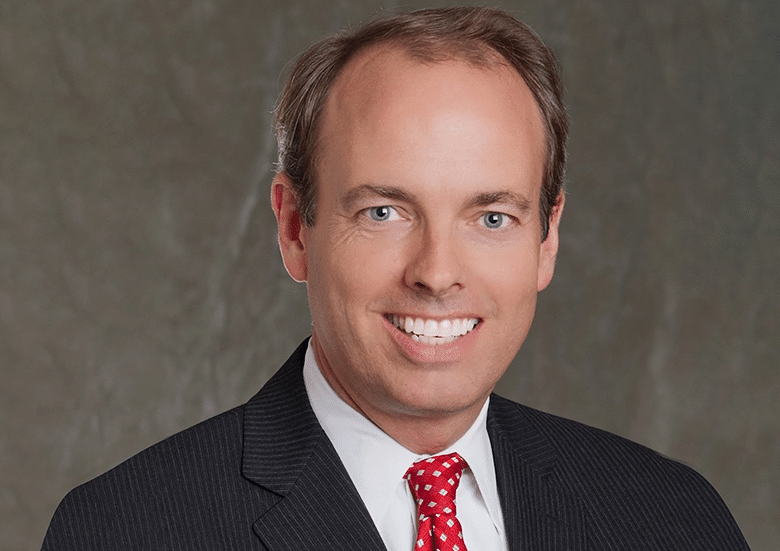Mortgage Bankers Association President and CEO Bob Broeksmit took aim and fired an angry volley at politicians and regulators that he said were trying to burden the mortgage banking industry with a new round of onerous regulation.
Speaking today at the trade group’s 2023 Secondary and Capital Markets Conference and Expo in New York City, Broeksmit highlighted the challenges currently facing mortgage bankers in the current economy.
“Higher interest rates, lower inventory levels, and lower or negative margins make for a difficult market,” said Broeksmit in prepared remarks released by the MBA. “Having spent over 20 years at Chevy Chase Bank and Prudential Home Mortgage, I know the challenges you’re facing and the choices you’re making. Believe me, I do. I wouldn’t wish them on anyone.”
Broeksmit added, “But I don’t share just your concerns about the economy. I also share your frustration with much of the government’s response. You deserve better than what’s happening right now. I’m going to pause for a moment. If you can’t tell, my speech this year is going to be more pugnacious than normal. Well, I think the times we live in demand a tougher tone. “
Without citing specific names or political parties, Broeksmit berated elected officials at the federal and state levels for being callous to the challenges and concerns of the mortgage banking industry in the midst of a fraying economy.
“The logical reaction would be to find ways to give you relief,” he continued. “Instead, policymakers are piling on with more enforcement and stifling levels of red tape. You and your customers need things to get easier. Instead, officials are often making things harder. It’s astounding, isn’t it? There seems to be a sense, at the highest levels of government, that the mortgage industry needs to be reined in. It’s a stark contrast to where things stood throughout the pandemic.”
Broeksmit complained that during the pandemic the mortgage banking industry was praised by lawmakers for keeping “millions of families” in their homes via forbearance while “millions more benefitted from new loans, better loans, and their first chance at homeownership.” But as the post-pandemic economy has soured, Broeksmit observed that the regional bank crisis of the past few months has resulted in jittery legislators in a frenzied “rush to regulation, instead of a sober analysis of what happened and why.” He emphasized the failures of Silicon Valley Bank, Signature Bank and First Republic Bank were unique to those institutions and not the wider financial services industry.
“The recent bank failures clearly resulted from their unique business models, their corporate mismanagement of interest rate risk, and their customer homogeneity,” he said. “There were also serious lapses by regulators, as officials have admitted. The solution to this crisis starts by addressing those lapses, not looking for an excuse to expand government power. If regulations weren’t followed, or if regulators missed something they should have caught, then policymakers should make sure the relevant agencies do better next time. The best path forward is to enforce the rules that are already on the books.”
Broeksmit warned that mortgage bankers are facing a new wave of “one-size-fits-all mandates that will do extraordinary damage.” He cited proposals by the Consumer Financial Protection Bureau to “push for prudential standards for non-banks, including IMBs and mortgage servicers” and to possibly put nonbank financial companies under Federal Reserve supervision.
He also pointed out regulatory proposals to make lenders liable for the problematic actions of independent appraisers and demands by the government-sponsored enterprises that “lenders repurchase more and more loans” and the LLPA controversy as examples of government authority being abused.
“To be blunt, this looks like a power grab,” he declared. “And not only that, it looks like a clear-cut attempt to punish an industry that some policymakers seem to personally dislike or distrust.”
Broeksmit stated the MBA was “talking to the CFPB, Congress, and the White House about what needs to be done – and what should never be done … There will be plenty more concerning policies coming down from on high, and across the board, we’re responding with action. We have strong relationships with federal agencies, the White House, and lawmakers in Congress, on both sides of the aisle. When we speak, they listen. And right now, we’re speaking loud and clear, on a host of issues.”
















